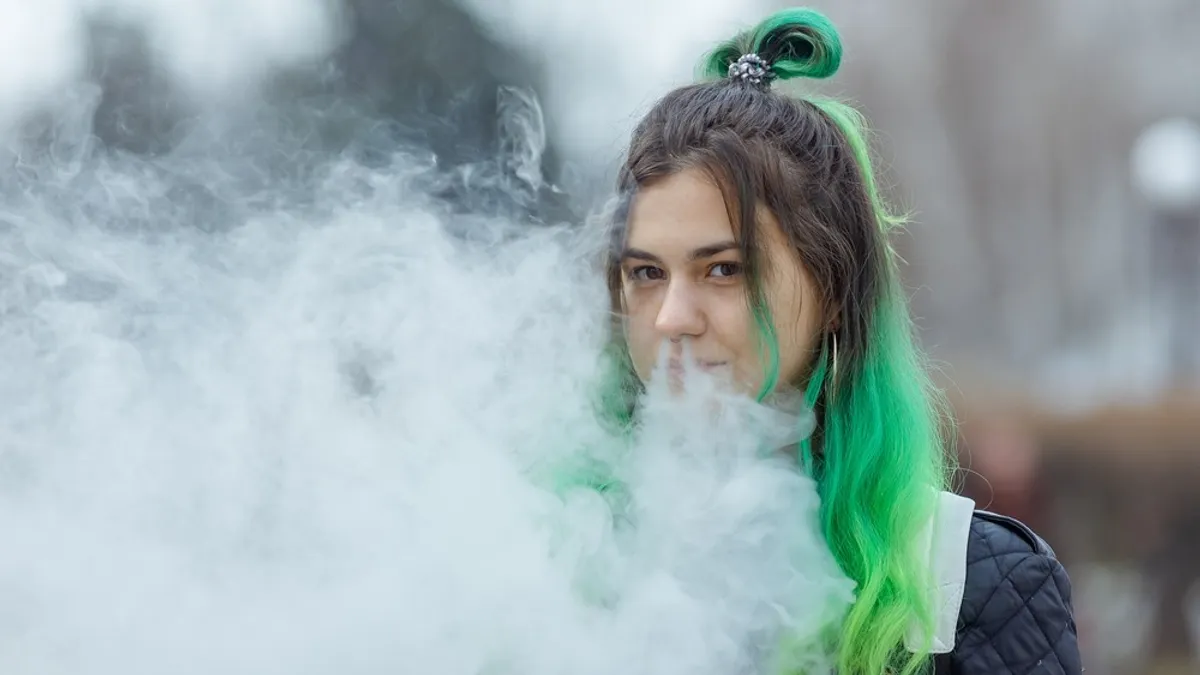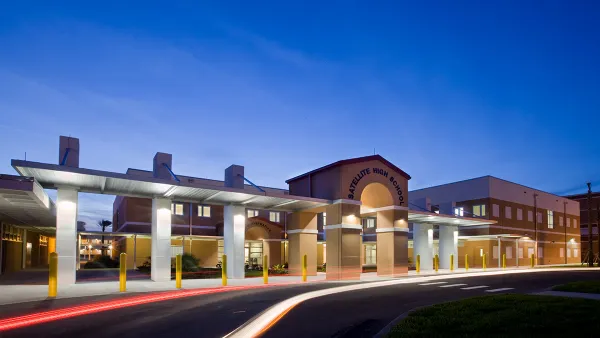Legal action against Juul Labs Inc. is moving again in lawsuits alleging the firm targeted teens with its vaping products, after cases lost traction in districts during COVID-19 school closures.
In Washington, the e-cigarette company must pay out $22.5 million after a judge last month ruled it intentionally targeted teenagers with its advertising and misled consumers about the addictive nature of vaping. The order came in a consent decree filed in King County Superior Court in a case brought by the state of Washington against Juul Labs.
Juul also recently settled cases in Arizona, North Carolina and Louisiana that ended in large payouts similar to Washington's case.
Meanwhile, school districts in other states have recently filed or are considering filing lawsuits against the vaping giant. Anne Arundel County Public Schools in Maryland, for example, filed a lawsuit against Juul last week. A majority of districts in Utah also joined a suit against Juul, originally filed in California, according to local reports.
“There is clearly a current epidemic of e-cigarette use amongst our youth, and it has made its way into our schools,” said Joanna Tobin, school board president for Anne Arundel County Public Schools, in a statement.
“The health and safety of our students is a top priority, and we are doing our part to ensure that the companies or individuals who knowingly target our young people despite the dangers of their products are held responsible,” Tobin added.
Prior to COVID-19 shutdowns, lawsuits against Juul were gaining steam. Schools were also rethinking their approach to monitoring and disciplining students who vaped.
Now, districts have even considered — albeit unsuccessfully in some cases — directing emergency federal aid funding toward vaping detectors.
Phil Federico, founding and senior partner at Schochor, Federico and Staton law firm, which is representing Anne Arundel in its lawsuit, said schools interested in joining cases against Juul may be able to recover damages "for the resources they have had to divert away from education towards managing problems related to in-school vaping, and they can equip themselves with the resources needed to deal with this issue going forward."
School systems can also "demonstrate that school safety is their top priority" through the lawsuits Federico added.
In 2021, some 2.55 million students — including 2.06 million high school students and 470,000 middle school students — reported using tobacco products, according to a survey conducted by the Food and Drug Administration and the Centers for Disease Control and Prevention.
Of those products, e-cigarettes were clearly the most popular, cited by 2.06 million middle and high school students — or 7.6% of that overall student population.
Use was more than twice as likely among students reporting severe psychological distress, the survey found.
This finding comes against the backdrop of rising mental health concerns in the wake of COVID-19, with students reporting increased depression and anxiety. According to a nationally representative survey of high school students conducted by CDC, 44% of students have said they felt persistently sad or hopeless in the past year.
Marginalized students reported even greater levels of mental health trauma, with 76% of LGBTQ students reporting feeling those emotions compared to 37% of heterosexual students.
According to the FDA and CDC, that same student subgroup had higher rates of tobacco use in 2021 when compared to their heterosexual peers.















